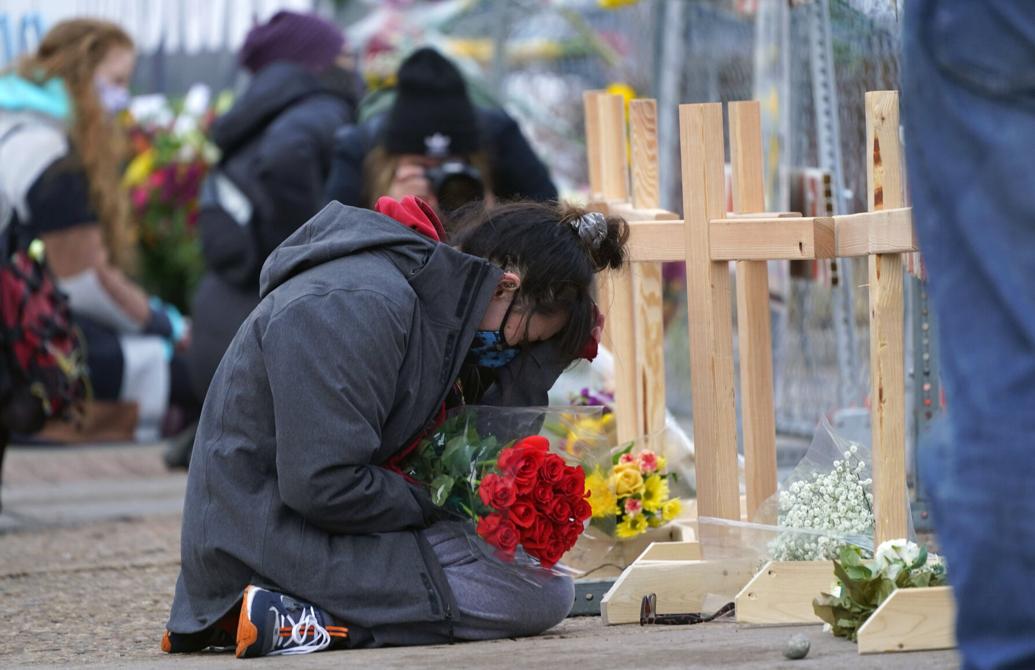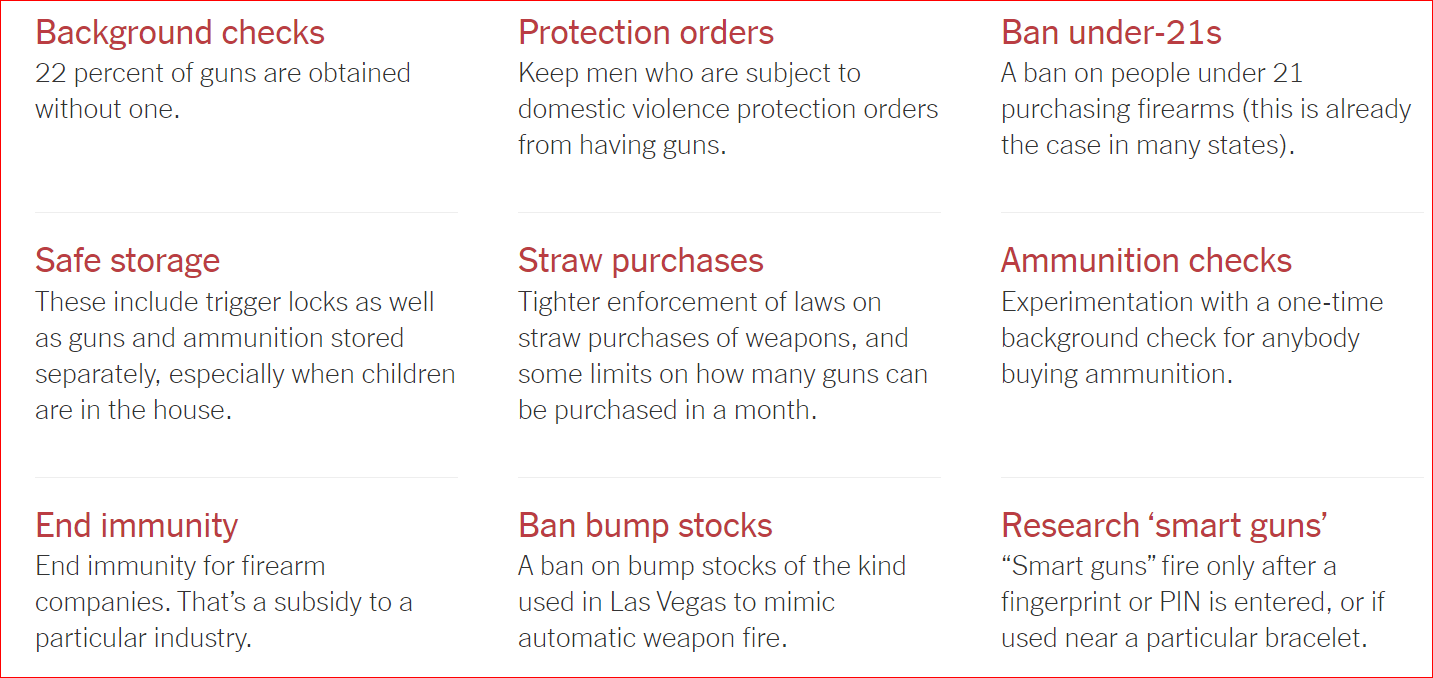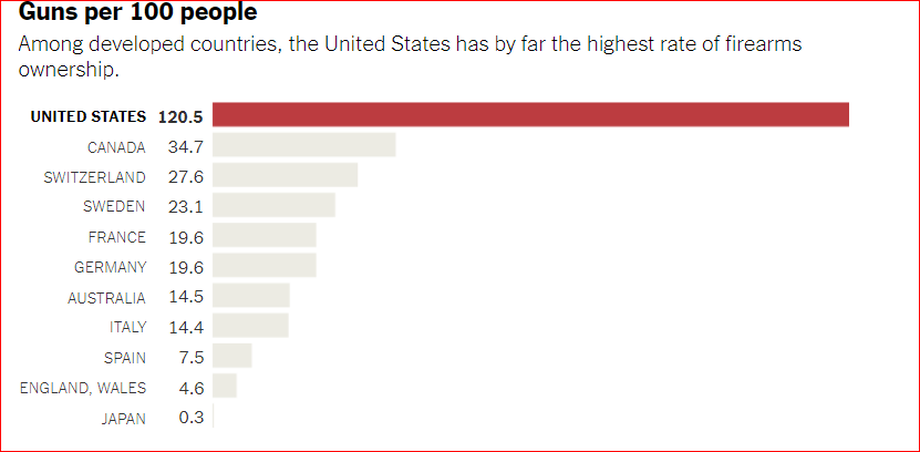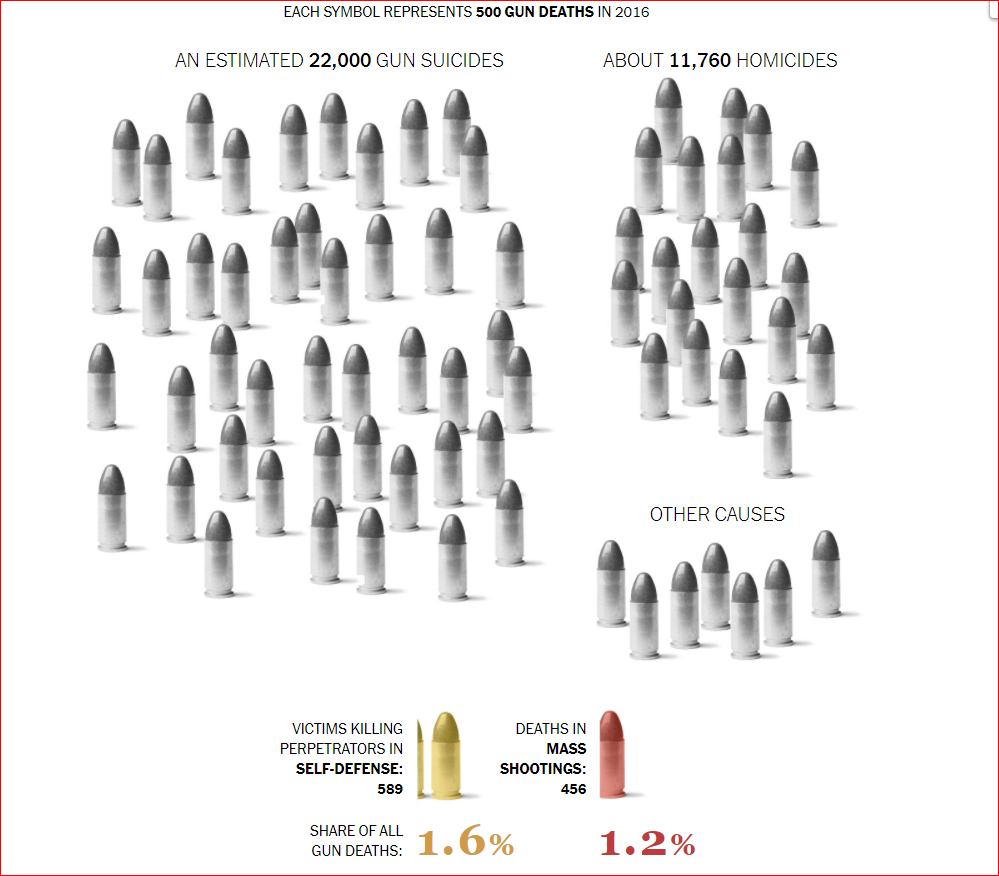A Process-Relational Response to Gun Violence
What is a process-relational response to gun violence? Well, we’re against gun violence, of course. We think God shares in the suffering of each and very victim, families included. And God also shares in the suffering, the crazy pain, that must have been part of the shooter's life, too. God is love.
We believe in horizontal sharing, too. People share suffering across boundaries of race, ethnicity, religion, and political philosophy. People mourn together, cry together, and find ways of being "with" others. The boundaries between persons are porous.
And we recognize, to our despair, that entire people can share violence, too. Porous boundaries are not always a blessing. We can share suffering and we can share hatred.
In some ways America is a culture of violence. People come to collectively believe that frustrations can be vented and grudges resolved through violence. Just turn on the television and watch the crime shows, or look at the video games. Some process theologians believe that the idea that grudges can be resolved through violence is connected with images of God as a holy warrior who acts in the same way. Hence the process critique of such images.
In any case, the sharing of suffering and the sharing of violence - all of this follows from the process idea that human beings are inevitably and always persons-in-community and that community involves shared feelings, shared ideas, shared aspirations, for good and ill. For us, the world is a network of communities of shared feeling.
Do you think prayer can help? Yes, we do. Not that God can unilaterally stop the violence, but, as Marjorie Suchocki says, it can help change the condition of the world that God can then help change. Prayer affects the one who prays and adds a bit of goodness to the overall culture, which then changes the situation in which God can work. We in the process world believe that when people pray, someone at the very heart of the cosmos feels the prayer and is affected by it. The universe carries within it a Deep Listening. And this Listening responds by flooding forth fresh possibilities for life, given the situation. Prayer can change the situation. It’s good to pray.
Do you think prayer is enough? No, not at all. We think it prayer is only mininally effective unless complemented by action. When people limit their responses to well-intentioned prayers, they are being irresponsible and naive. It irritates even the heart of the universe, even God. To think that prayer is enough, that all that is needed is prayer, is itself a sin. It is missing the mark of responding to the call to love, to help build "compassionate communities." That's our process ideal: compassionate communities.
Then what is needed? A community-based approach that sees gun violence as a public health issue and then enacts public policies aimed at reducing the violence.
What are those public policies? Well, Nicholas Kristof suggests nine of them: background checks, protection orders, ban-under 21s, safe storage, eliminate 'straw' (third party) purchases, ammunition checks, end immunity for firearm companies, ban bump stocks, research 'smart' guns. They all make sense.
Are politicians up to the task? Some are. Some aren’t. It's discouraging.
How can we help? Lobby, lobby, lobby for the policies. And then keep lobbying. That's prayer in action. Don't fall into the trap of thinking that a transformation of culture and consciousness is enough. For a safer society, we need policies, structures, and laws. They, too, can be answers to prayers.
Is there hope? Already so much hope has been lost. Let's not pretend that we are asking this for the first time. But all that you are asked to do, and all that you really can do, is to keep up the non-violent fight to work toward a better way of being together as communities. And, yes, there is hope. Not hope for a reversal of the tragedies that have occured, but hope that, if we wake up just a little, we can reduce shootings in the future for our sake and for God's sake.
We believe in horizontal sharing, too. People share suffering across boundaries of race, ethnicity, religion, and political philosophy. People mourn together, cry together, and find ways of being "with" others. The boundaries between persons are porous.
And we recognize, to our despair, that entire people can share violence, too. Porous boundaries are not always a blessing. We can share suffering and we can share hatred.
In some ways America is a culture of violence. People come to collectively believe that frustrations can be vented and grudges resolved through violence. Just turn on the television and watch the crime shows, or look at the video games. Some process theologians believe that the idea that grudges can be resolved through violence is connected with images of God as a holy warrior who acts in the same way. Hence the process critique of such images.
In any case, the sharing of suffering and the sharing of violence - all of this follows from the process idea that human beings are inevitably and always persons-in-community and that community involves shared feelings, shared ideas, shared aspirations, for good and ill. For us, the world is a network of communities of shared feeling.
Do you think prayer can help? Yes, we do. Not that God can unilaterally stop the violence, but, as Marjorie Suchocki says, it can help change the condition of the world that God can then help change. Prayer affects the one who prays and adds a bit of goodness to the overall culture, which then changes the situation in which God can work. We in the process world believe that when people pray, someone at the very heart of the cosmos feels the prayer and is affected by it. The universe carries within it a Deep Listening. And this Listening responds by flooding forth fresh possibilities for life, given the situation. Prayer can change the situation. It’s good to pray.
Do you think prayer is enough? No, not at all. We think it prayer is only mininally effective unless complemented by action. When people limit their responses to well-intentioned prayers, they are being irresponsible and naive. It irritates even the heart of the universe, even God. To think that prayer is enough, that all that is needed is prayer, is itself a sin. It is missing the mark of responding to the call to love, to help build "compassionate communities." That's our process ideal: compassionate communities.
Then what is needed? A community-based approach that sees gun violence as a public health issue and then enacts public policies aimed at reducing the violence.
What are those public policies? Well, Nicholas Kristof suggests nine of them: background checks, protection orders, ban-under 21s, safe storage, eliminate 'straw' (third party) purchases, ammunition checks, end immunity for firearm companies, ban bump stocks, research 'smart' guns. They all make sense.
Are politicians up to the task? Some are. Some aren’t. It's discouraging.
How can we help? Lobby, lobby, lobby for the policies. And then keep lobbying. That's prayer in action. Don't fall into the trap of thinking that a transformation of culture and consciousness is enough. For a safer society, we need policies, structures, and laws. They, too, can be answers to prayers.
Is there hope? Already so much hope has been lost. Let's not pretend that we are asking this for the first time. But all that you are asked to do, and all that you really can do, is to keep up the non-violent fight to work toward a better way of being together as communities. And, yes, there is hope. Not hope for a reversal of the tragedies that have occured, but hope that, if we wake up just a little, we can reduce shootings in the future for our sake and for God's sake.




